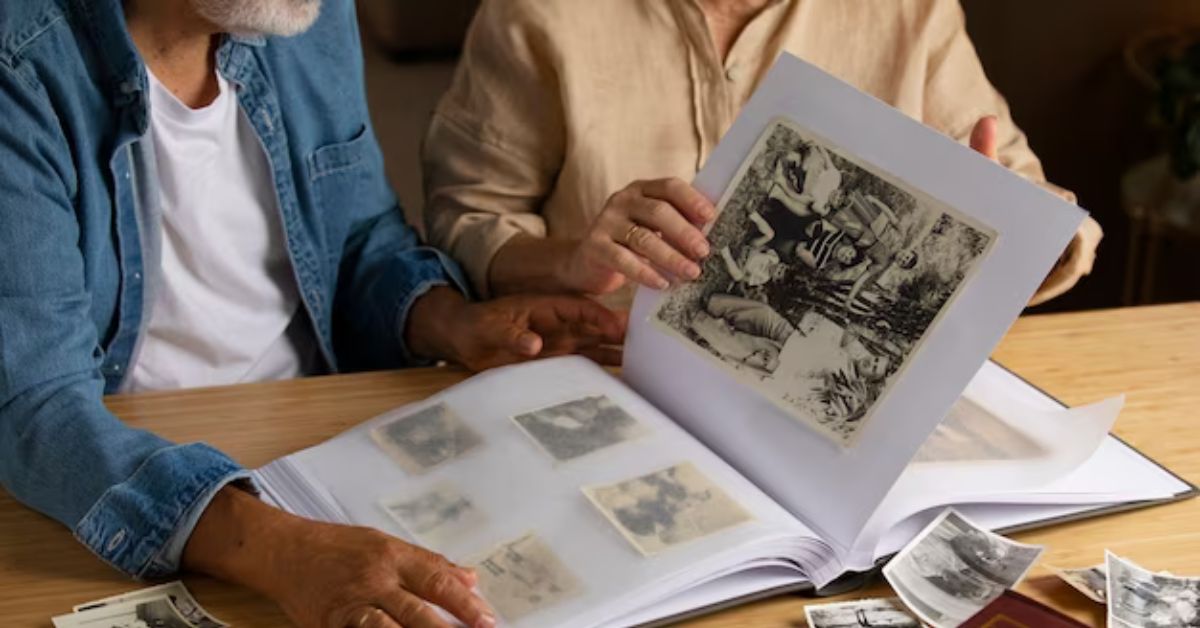Unraveling Your Family Tapestry: The Essential Role of Obituaries in Genealogy Research
Genealogy is much like a jigsaw puzzle; each piece is essential to complete the picture of your heritage. One of the most crucial puzzle pieces is obituaries. These documents go beyond the simple facts of life and death; they encapsulate cultural eras, societal norms, and personal narratives. By conducting a comprehensive obituary search, researchers can uncover threads of connection that weave through generations, binding the past to the present in a continual family story.
The Historical Value of Obituaries
Obituaries have been preserved by communities for centuries, marking the passing of individuals and summarizing their life experiences. Their true power lies in the context they provide – insights into historical eras, social classes, and local customs that shaped the lived experiences of our ancestors. These brief records often include biographical data and stories of community involvement, personal anecdotes, and expressions of grief that give depth to our forebearers’ societal contributions.
Starting Your Genealogical Journey with Obituaries
Obituaries can be the first link to long-forgotten relatives or lost family branches when tracing lineage. They often serve as a cornerstone, presenting names of kin, places of origin, and sometimes even unexpected details like personal triumphs or community affiliations. To embarking genealogists, these archives are more than historical documents; they are invitations to discover the richness of a shared past. It is critical to approach these records with curiosity, using them to jumpstart a broader exploration into your family’s history.
Sources for Obituary Records
Traditional sources such as local libraries and newspaper archives have long been treasured repositories for obituary collections. However, a significant shift has occurred in the digital era toward online databases and records. Institutions have transformed access to historical records, allowing genealogists to bypass geographical constraints and retrieve documents worldwide. Thanks to their tireless efforts in digitizing records, anybody with an internet connection can now access history, allowing for discoveries previously limited by time and location.
Extracting Details from Obituaries
Every line of an obituary can hold crucial details for the family historian. From the deceased’s place of birth to mentions of surviving and predeceased relatives, each piece of information can be the key to unlocking another door in your genealogical search. Sometimes, understanding the social customs of the time or reading about affiliations to specific organizations and societies gives additional depth to the explored life. It is not uncommon for these elements to lead to profound connections, including the reunion of families after generations apart.
Analyzing and Verifying Obituary Information
While obituaries are densely informative, the savvy genealogist must treat them as starting points rather than definitive records. Variabilities in reporting and human error necessitate a systematic approach to verification. Tools are invaluable, allowing users to cross-reference obituary details with many other records. Maintaining accuracy in genealogical research is paramount, and these platforms serve as both a checklist and a supplement to the information gleaned from obituaries.
Beyond the Obituary: Other Genealogical Resources
An obituary can be the opening chapter of a family’s history, but one must consult additional resources to obtain a more comprehensive understanding. Census records illuminate household compositions and economic conditions of an era. Immigration and naturalization documents uncover stories of movement and change, often reflective of broader historical trends or family transitions. By incorporating these varied sources, a genealogist paints a fuller, richer portrait of their ancestry, ensuring that no strand of the family narrative is left untold.
Overcoming Challenges in Obituary-Based Research
Navigating the potential pitfalls in obituary research is part and parcel of the genealogical journey. Genealogists commonly need help with consistent records, name variations, and gaps in documentation. To mitigate these challenges, one must employ resilience and resourcefulness. Local historical societies and specialized genealogy forums can offer guidance, sharing knowledge and strategies that hone the research process and turn challenges into opportunities for deeper historical insight.
Cultural Nuances in Obituaries
Family historians must appreciate the cultural richness that informs how obituaries are written and understood. From the length and style of writing to the inclusion (or exclusion) of certain family members, these customs provide essential clues for interpreting the life narratives of our ancestors. Acknowledgment of cultural diversity and its influence on genealogical records only enriches our pursuit, amplifying the respect we give to the memory of those we seek to honor.
Modern Obituaries and Their Place in Genealogy
Obituaries in today’s digital landscape have expanded beyond the print medium to encompass online memorials and social media tributes. This shift has undoubtedly made records more accessible to a broader audience, but it’s also raised questions about digital etiquette, privacy, and information longevity. Navigating these modern landscapes requires new vigilance and ethical awareness as we curate and preserve the details of lives lived.
Preserving Your Family’s Legacy
The ultimate aim of genealogy is to ensure that our family histories are not resigned to obscurity. In compiling this history, we are given the chance to craft a legacy that will inform and inspire future generations. The material we gather must be treated with care and reverence, allowing us to cement our ancestors into the family narrative. Doing so creates an enduring connection to the past that helps ground our place in the world and provides roots from which our descendants will grow.







